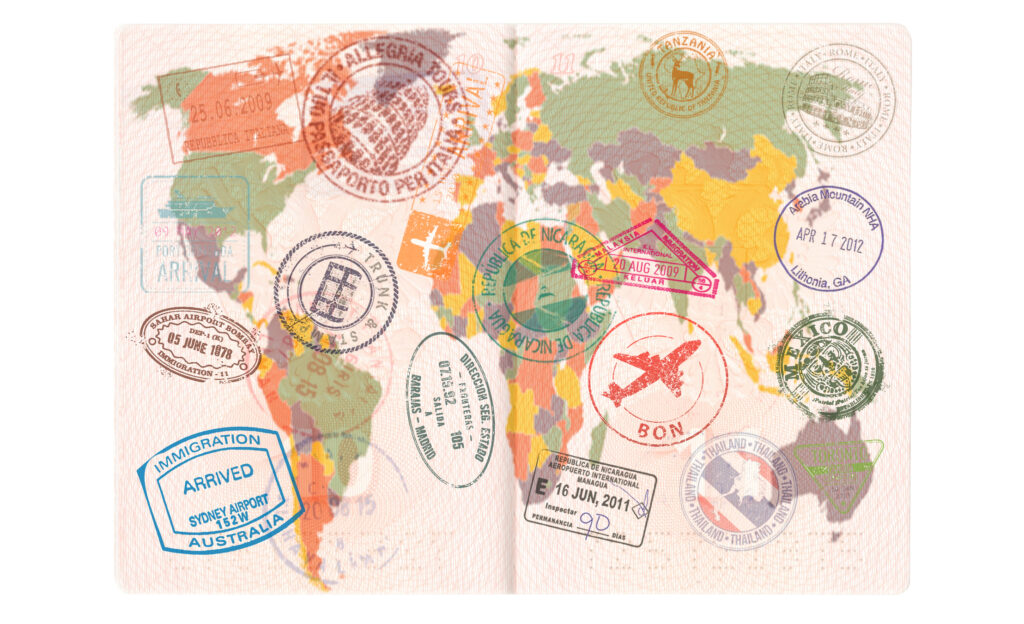
I’ve recently read a couple of books that have helped to define the people in our lovely industry, clarify why I love it so much and also take a deeper look into my constant desire to be nearly everywhere at once.
First, defining the people in our industry and why I love it can be summed up in the following quote from a book I recently read called The Power of Strangers: The Benefits of Connecting in a Suspicious World by Joe Keobane. The author cited a definition of cosmopolitans by UCLA historian, Margaret Jacob, that does an amazing job of describing the people in our industry.
Her definition of cosmopolitanism captures this nicely. She calls it “the ability to experience people of different nations, creeds, and colors with pleasure, curiosity, and interest and no with suspicion, disdain or simply disinterest…and that this kind of cosmopolitanism represents the idea that…the way to live in a diverse world is to train yourself to be curious about others—not morbidly curious, but curious in a way that is based on a belief in your shared humanity, a belief that whatever your respective statuses, you are equals. It doesn’t mean you can’t be proud of your heritage, your nationality, your creed. It just means that you recognize that there are other ways to be, and to be curious about them and the people who represent them. “
That is us!!! I would take the topic even further based on a conversation with another book I recently read called Global Cosmopolitans: The Creative Edge of Difference by Linda Brimm, Professor Emeritas of INSEAD. Using her theories, I would add to the definition above by adding a curiosity about languages and cultures and the strong desire to celebrate and/or experience our multicultural world. We think nothing, yet something, of going to conferences and asking how many languages are spoken at this table or how many different countries are represented (see photo take after an ATC event in London…in a pub, of course. I know we counted a lot of counties and a whole load of language spoken at that table). We find excuses to attend conferences in interesting cities to meet interesting international people. We revel in the experience and build bridges with people from other countries, languages and cultures. That is what we do!
Brimm’s book also examines a skill that many of us in our industry have developed by living in or having extensive experience different countries for extended periods of time: Seeing the world through a prism rather than a single lens. The prism comes from adapting to different cultural norms, languages and value systems to fit in and thrive in different cultural settings. We learn to draw from these different perspectives and, according to Brimm, develop more flexible thinking and the ability to quickly adapt to new situations. Although this really resonated with me, having lived in multiple countries, it was industry colleague @Nina Zolezzi who first introduced me to this concept.
In any case, given the state of the world and pace of change, these sound like great skills to have! I believe we in language services and certainly cross-cultural trainers are pretty unique in our world view and I only hope we can share it more broadly. Let’s keep exemplifying global cooperation and encourage others to develop their own prisms for understanding the world.
Does this resonate with your experience? What do you think?
FluentSales